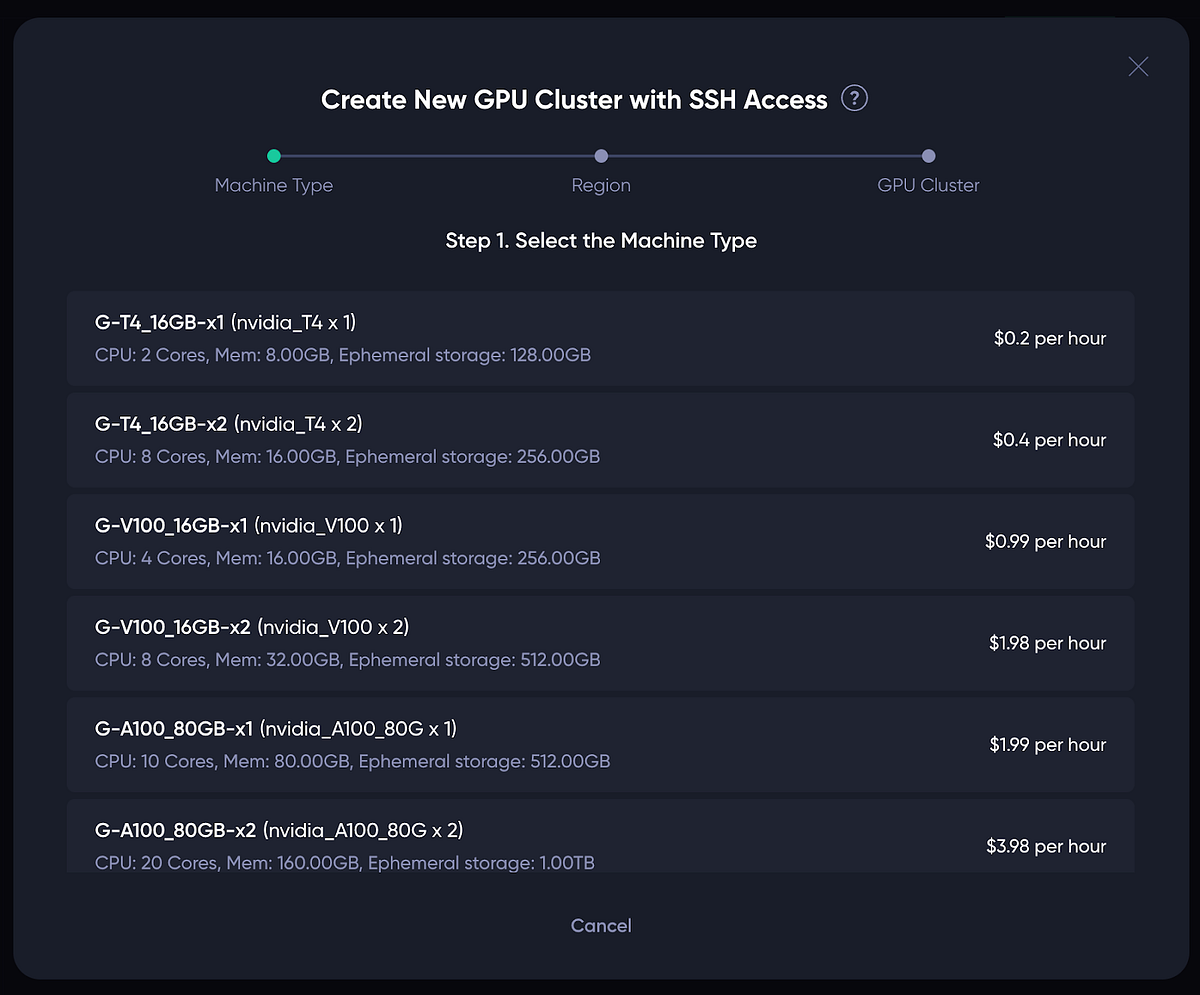Helium and Xnet Shift Focus to Wi-Fi in Decentralized Wireless Networks
In a significant shift within the decentralized wireless network market, Helium and Xnet are now prioritizing Wi-Fi connections over the previously favored 3.5GHz CBRS spectrum band. This change is largely driven by the challenges associated with CBRS, including interference and poor user experience. Mario Di Dio, general manager of Nova Labs’ Helium network, emphasized that Wi-Fi, particularly with Passpoint technology, offers a more mature and easier deployment option. This technology, which streamlines Wi-Fi connectivity, has gained widespread support across various devices, making it a more attractive alternative for decentralized network operators.
Both Helium and Xnet have transitioned from encouraging the deployment of costly CBRS radios to promoting the installation of Wi-Fi hotspots, which are significantly less expensive. While the coverage area of Wi-Fi hotspots is generally smaller compared to CBRS sites, this strategy has led to major offloading agreements with prominent wireless network operators. Helium has secured deals with two of the three major 5G operators in the U.S., while Xnet claims to have an agreement with AT&T. These partnerships allow both companies to offload network traffic onto their respective sites, rewarding hotspot operators with cryptocurrency tokens based on the amount of data offloaded.
The evolution from decentralized wireless (DeWi) to decentralized physical infrastructure networks (DePIN) reflects a broader trend where companies are leveraging decentralized models across various sectors, including energy and mapping. Helium, a pioneer in this space, has expanded its offerings to include a mobile virtual network operator (MVNO) service, attracting around 100,000 customers. As the debate over the utilization of the CBRS spectrum continues, the shift towards Wi-Fi may reshape the landscape of decentralized networks, highlighting the growing importance of flexible and accessible wireless solutions in the telecommunications industry.
Related News





